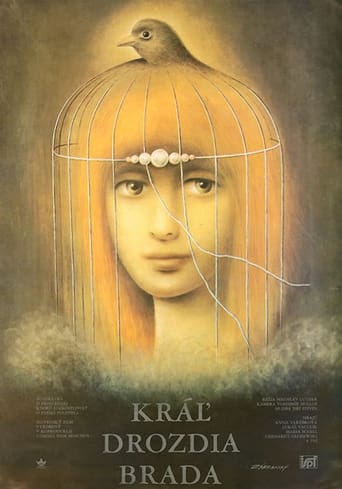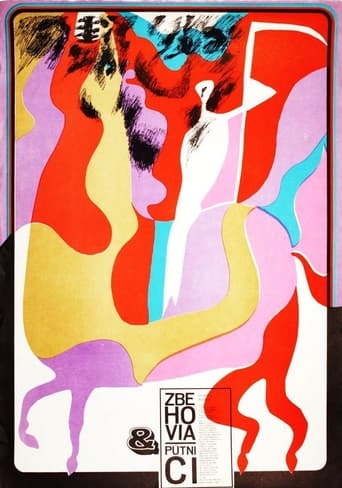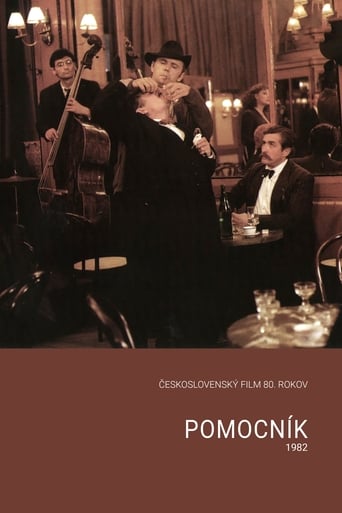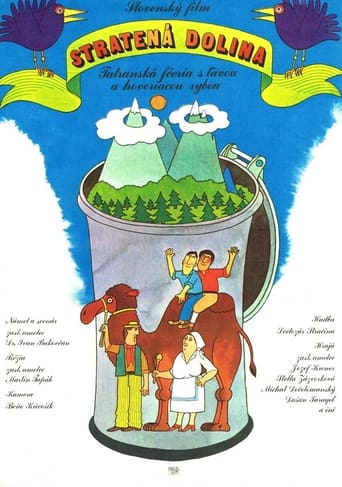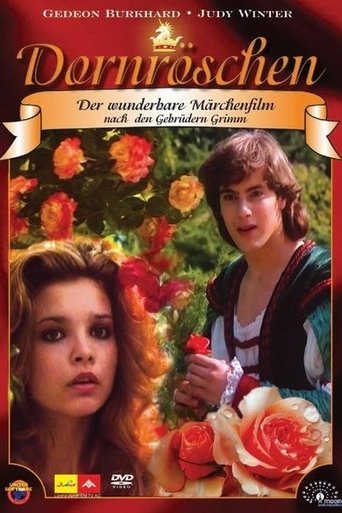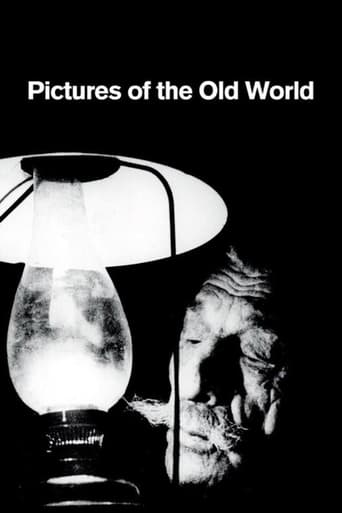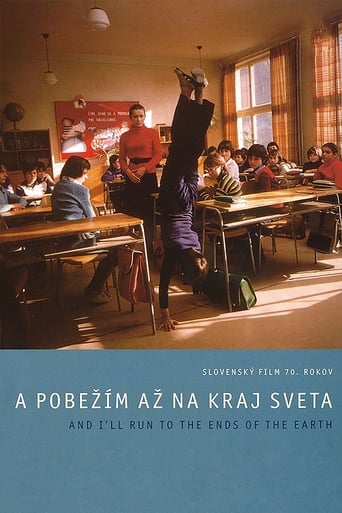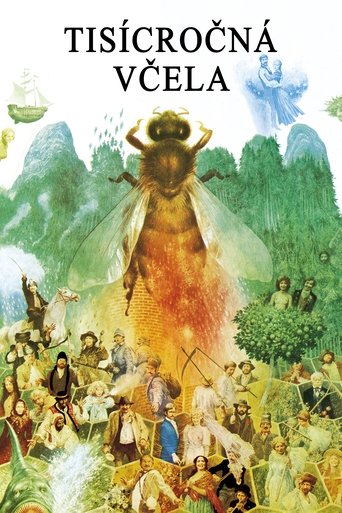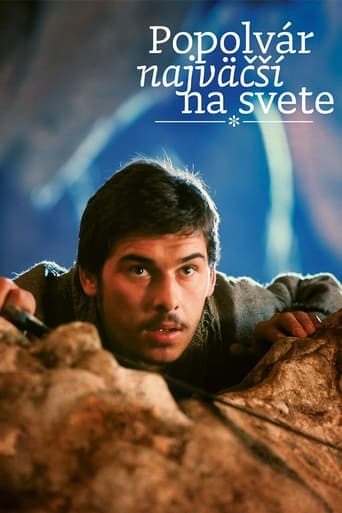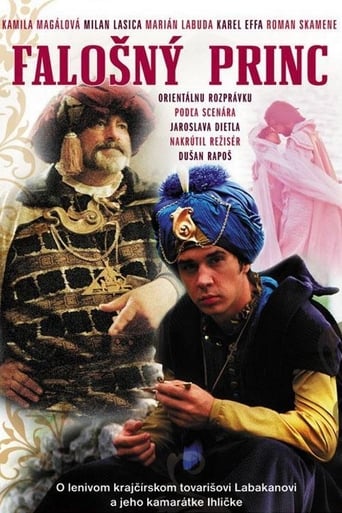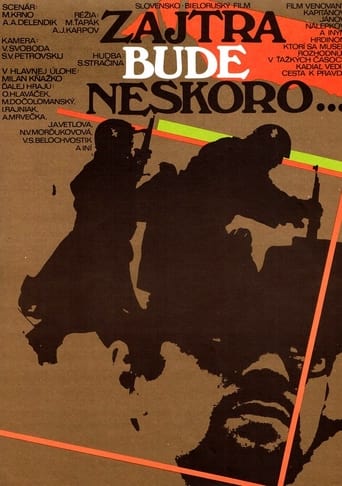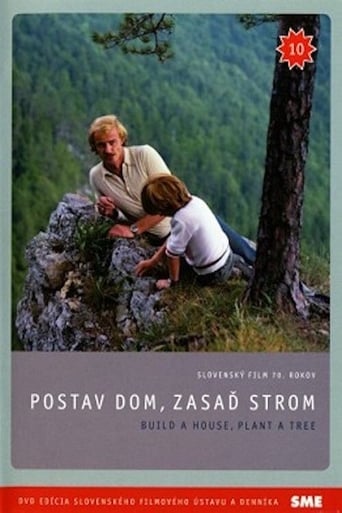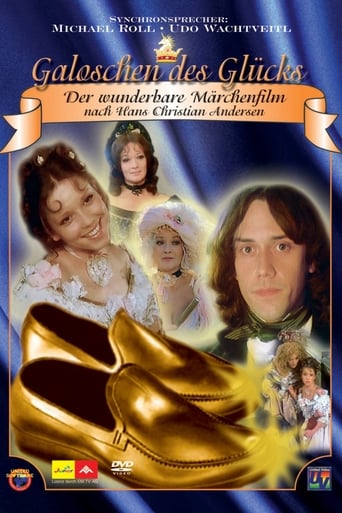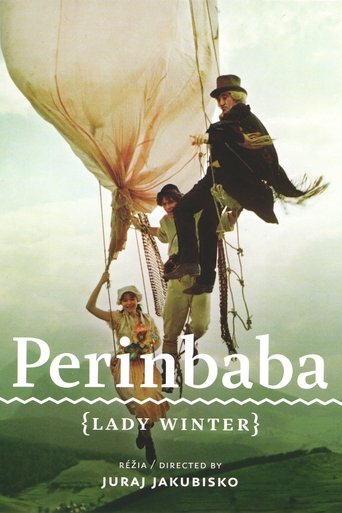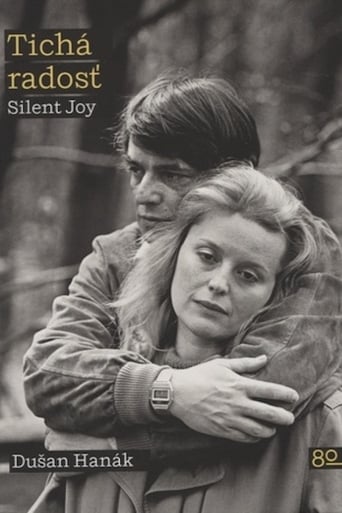Zuzana grew up and took her first blows from life. She got caught up in bad company, ended up in prison and after her release she tries to start again. She meets Juraj, a sympathetic driver, but when he seems to have found what she was looking for in him, he leaves her to try his luck in pop music. On top of that, Zuzana has to fight off attacks from her former partner Rony, now a rich gangster, who tries to seduce her. There is something for every teenager in this attractive musical. From a series of action scenes, shootouts, fights, love, the male friendship of the tough guys and their flashy trucks, to smuggled guns, mobsters holding the corrupt police and judiciary in their grip, plenty of songs and humour, and a glimpse into the corrupt backstage of show business.
